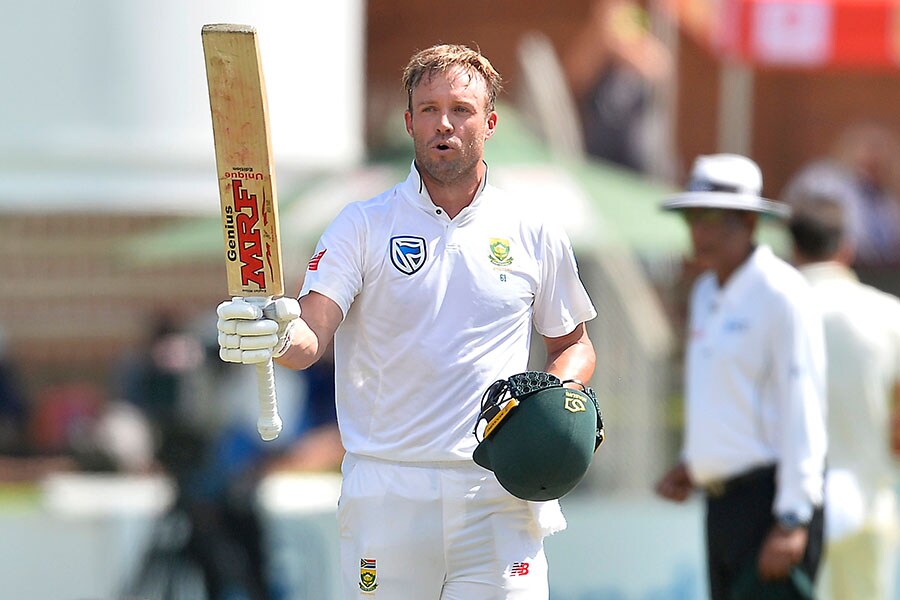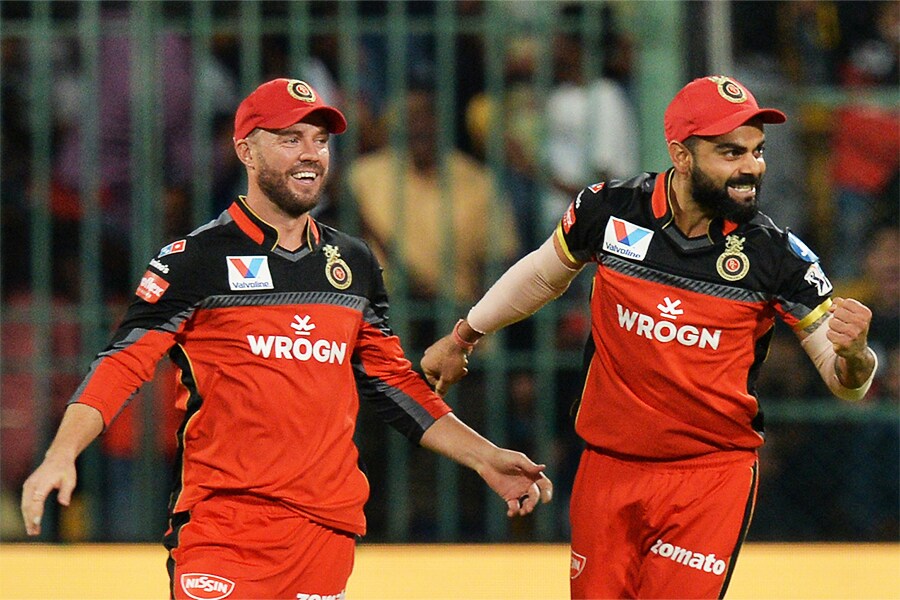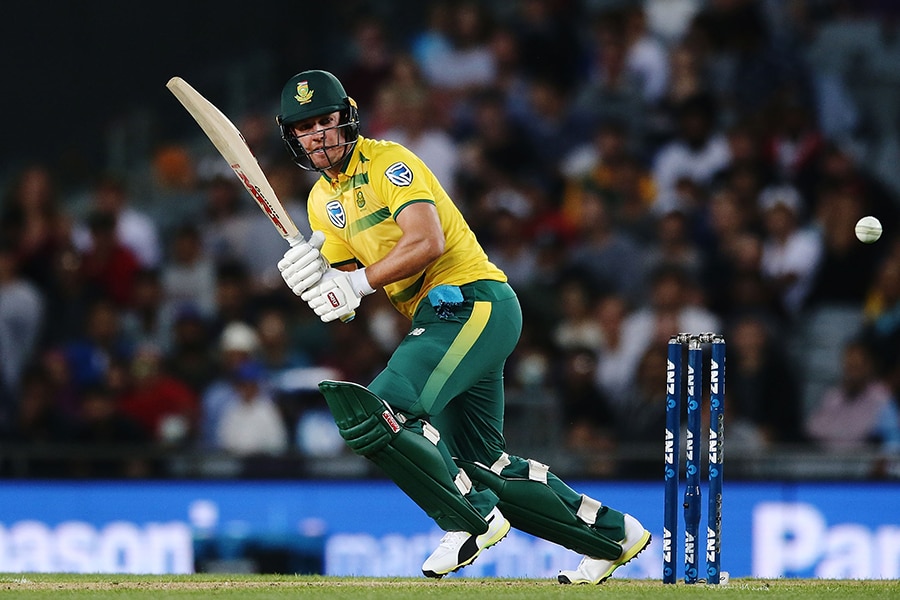
My career started to peak when I accepted I had weaknesses: AB de Villiers
AB de Villiers, former South African batter, on what built him as one of the greatest modern-day cricketers
 AB de Villiers
Image: Ashley Vlotman/Gallo Images/Getty Images
AB de Villiers
Image: Ashley Vlotman/Gallo Images/Getty Images
AB de Villiers had the freakish ability to do anything he wanted to on the cricket field. He could pluck catches out of thin air, keep wickets, score a century off 30-odd balls one day and 33 off 220 the other, and within a week of the latter, could lead his team to victory with 169 off 184 balls (as he did against Australia). With over 20,000 international runs to his name, de Villiers earned the sobriquet of 'Mr 360 Degrees' for his ability to manoeuvre inexplicable angles and hit anywhere on the field.
While de Villiers retired from international cricket in 2018, he continued to play for the Royal Challengers Bangalore in the IPL. When he finally hung up his boots in 2021, he left behind a trailblazing legacy, being only the second international cricketer (besides David Warner) to score over 5,000 runs in the tournament.
In an exclusive chat with Forbes India, the former South African cricketer explains how his upbringing shaped his game and why humility must accompany greatness. Edited excerpts:
'My family gave me the competitive edge'
I grew up in a sports-crazy family and was the youngest of three brothers, six and nine years older than me, respectively. My mum and dad used to be the most competitive people that I know. And we competed in all kinds of sports—be it cricket, tennis, rugby, athletics, or swimming, and we even had piano and guitar lessons. I grew up in a town now called Bela-Bela, where, on my bicycle, I would ride to school and to the sports grounds in the afternoon. It gave me the best kind of upbringing that any youngster could wish for to enjoy sports. And I was driven because of my older brothers—they created this competitive engine because I'm so much younger than them. So, to be part of any kind of activity, I always had to push myself and prove that I belong to play with them.
'Professional cricket happened to me by chance, almost overnight'
Getting to high school, I quickly realised academics would keep me busy, and I couldn't play all sports. I had to knuckle it down and focus more on rugby and cricket and, occasionally, golf. Tennis slid away even though I thought it was probably my strongest sport growing up. At 16, cricket started excelling—I started making teams, scoring runs more consistently, and I was selected for the B side of the national schools' team. That was the first time I realised I might not be too bad at cricket—I was only in grade 10, and I was in the top 22 of the country. In Classes 11 and 12, I took cricket up more seriously and made the SA schools team and the under-19 team, but I still didn't think it was going to be a career. I wanted to study medicine after school since my dad's a doctor, and I always wanted to be one, but I realised if I wanted to play cricket at all, I couldn't study medicine. I took up sports science just to get something behind my name, but five months in, I got picked for the domestic provincial team and, a few months later, into the Proteas (the South African national) side. I almost never decided to play cricket until I found myself in the Proteas side, and when I did, it literally happened overnight.










